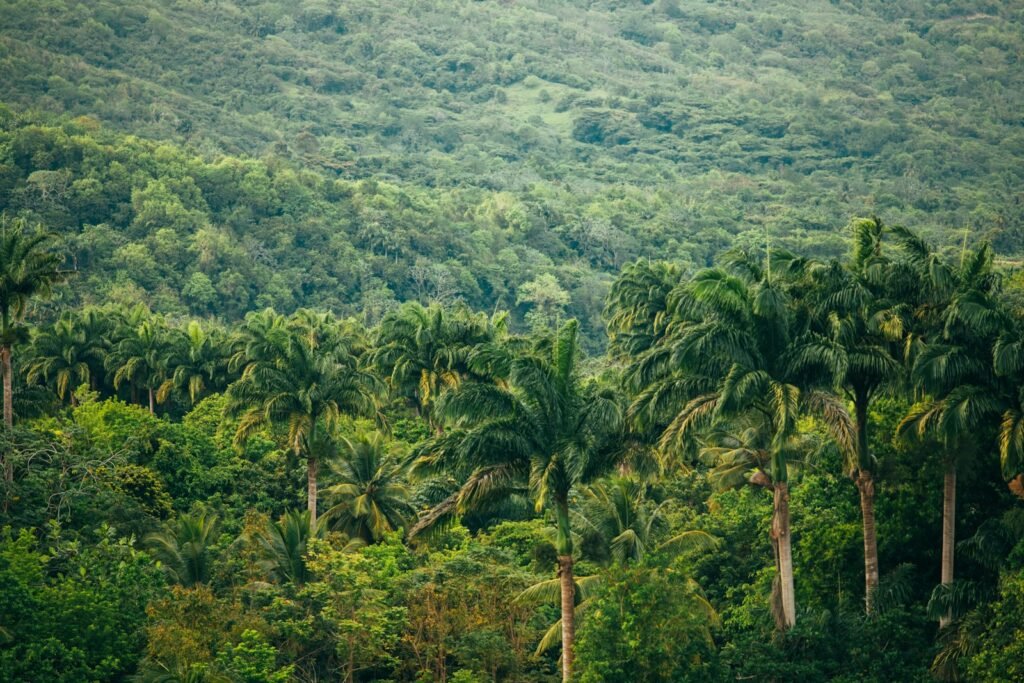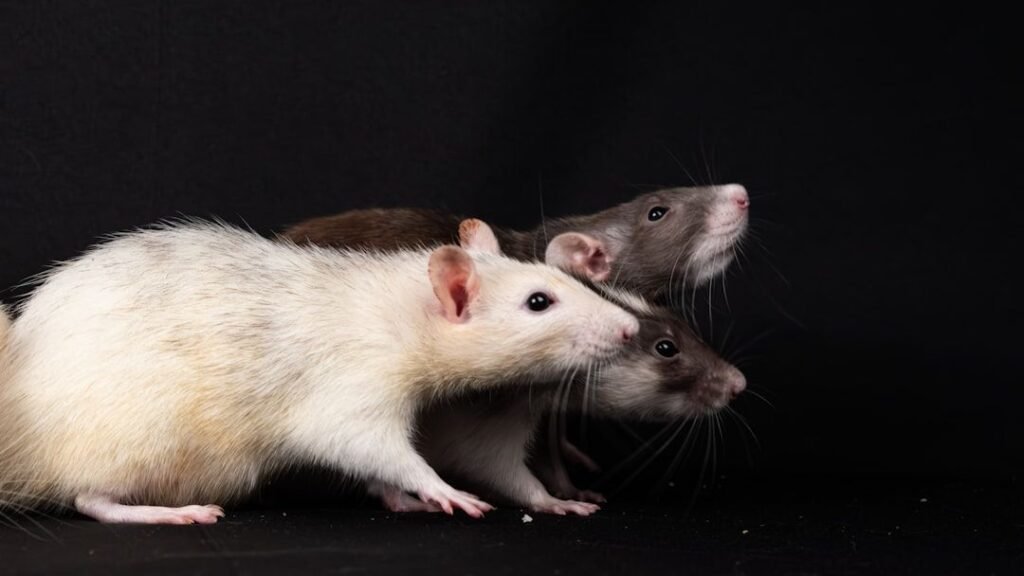A $180 million carbon credit gamble deep in the Amazon has turned into a high-stakes legal fight pitting Indigenous people against corporate giants and the Brazilian government of Pará. Called the “world’s largest” carbon credit deal, the September 2024 agreement signed by multinational companies including Amazon, Walmart, and Bayer promised to sell emissions offsets so as to safeguard large swathes of rainforest. Nine months later, however, federal prosecutors are demanding its cancellation, charging Pará with violating Indigenous rights, breaking environmental laws, and marketing “phantom credits” that do not yet exist.
As the story goes on, it reveals a growing divide in the global carbon market: can businesses really offset their emissions by profit-driven forest monetization, or does this approach run the danger of repeating colonial-era exploitation under a green cover?
The Deal That Shook the Amazon
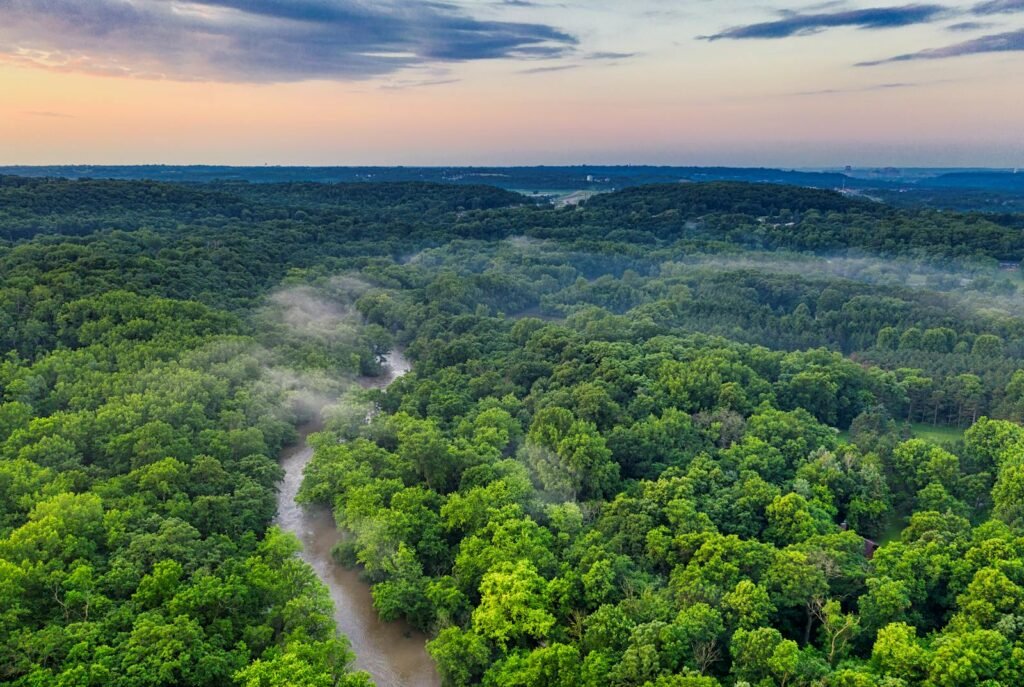
Pará’s governor, Helder Barbalho, inked a historic contract with the LEAF Coalition, a public-private alliance comprising the U.S., UK, and Norwegian governments, alongside retail and tech giants in a flashy ceremony at New York Climate Week 2024. Generated by cutting 84 million hectares (207 million acres) of Amazonian land, an area equivalent to France and Germany combined, the deal promised to sell 12 million carbon credits at $15 apiece.
The exception is The credits were forward sales, which meant they would only show themselves should deforestation drop by 2026. Prosecutors contend that trading unverified credits against Brazil’s 2024 carbon market law breaks the law. “They’re selling air,” said federal prosecutor Felipe de Moura Palha, scoffing. “These credits do not yet exist”.
Indigenous Backlash: “Our Land Is Not for Sale”

For Tembé people Indigenous leader Miriam Tembé, the agreement represents a betrayal. Her community was never consulted; it was still battling for official land acknowledgment. She said Mongabay, “They want to rent out our territory so polluters can keep destroying the planet.”
Leader Quilombola Vanuza Cardoso reflected the feeling: “We need roots and leaves from these forests for our rituals. Locking us out would be “violence”. Claiming rushed consultations or outright neglect of a breach of the International Labour Organisation (ILO) Convention, at least 38 Indigenous and traditional groups have criticised the deal.
Pará officials counter that it is impossible to consult every community separately. “That’s 700, 800, 900 consultations,” said environmental chief for the state Raul Romão. Prosecutors claim, however, the state paid grassroots organizations $487,000 for fast-track approvals, thus distorting the system.
Legal Firestorm: Prosecutors Demand $36 Million in Damages
Brazil’s Federal Prosecutor’s Office launched a shocking lawsuit to void the contract and punish Pará with 200 million reais ($36 million) in moral damages for communities 16 on June 3, 2025. The case turns on two explosive assertions:
- Unauthorized Sale By locking in credit prices before they are verified, the deal allegedly breaks Brazil’s carbon law.
- Though leaders claim they were excluded, no free, prior consent indigenous and Quilombola territory underpin 80% of the credits.
Although a federal judge has temporarily blocked an injunction, Pará’s preparations for COP30, the UN climate summit, in Belém, could be thrown off just months before.
Corporate Safeguards vs. Community Risks
Indigenous people worry about losing their land rights, but corporate buyers have zero financial risk. A March 2025 addendum protects businesses like Amazon and Walmart, so Pará must fully pay them should the deal fall apart.
“Taxpayers or worse, the communities could foot the bill,” said prosecutor Palha. The nonprofit broker Emergent, meantime, insists the deal is “fully aligned” with Brazilian law and essential for climate finance.
A Broken Market? The Shadow of “Worthless” Credits
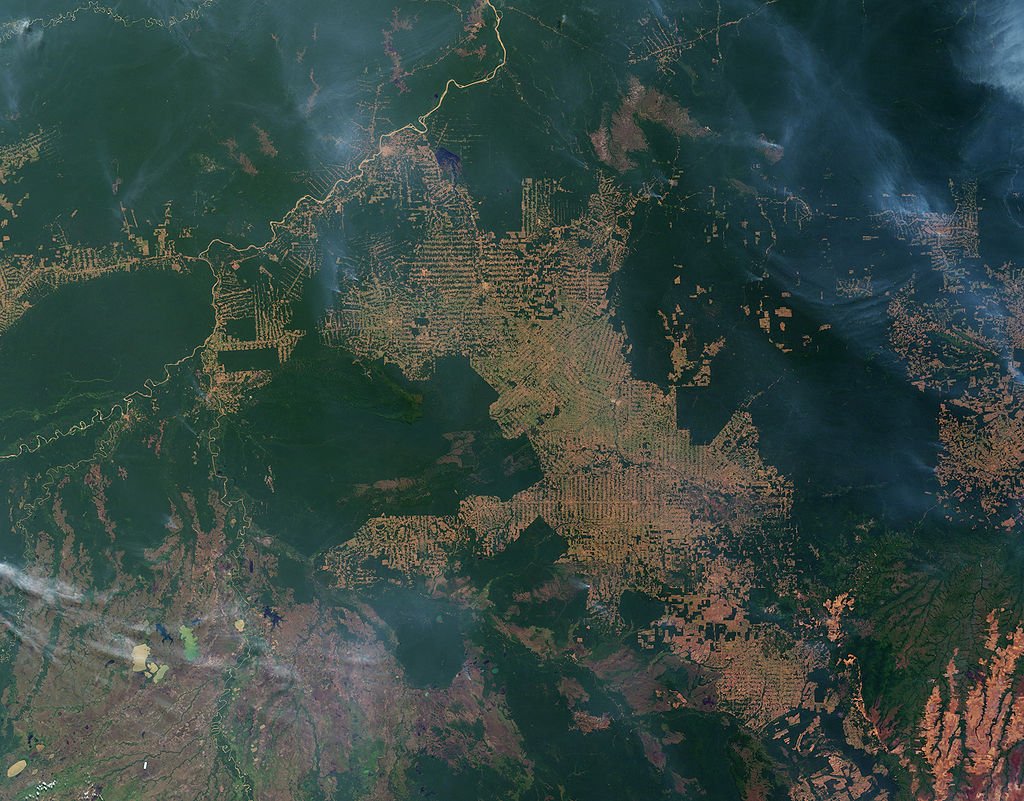
The debate fuels mounting mistrust of REDD+ (Reducing Emissions from Deforestation and Degradation), once-loved climate tool now engulfed in scandal. Ninety percent of some Amazon offsets, according to studies, were “worthless; projects failing to stop logging.”
Pará’s own record is not very consistent. For nine years running, Brazil is the top deforesting state; yet, its REDD+ strategy marks 7% of funds for agribusiness, a main cause of forest loss. Researcher Carlos Ramos said, “This is financial engineering; it is not conservation.”
What’s Next? A Test Case for Climate Justice
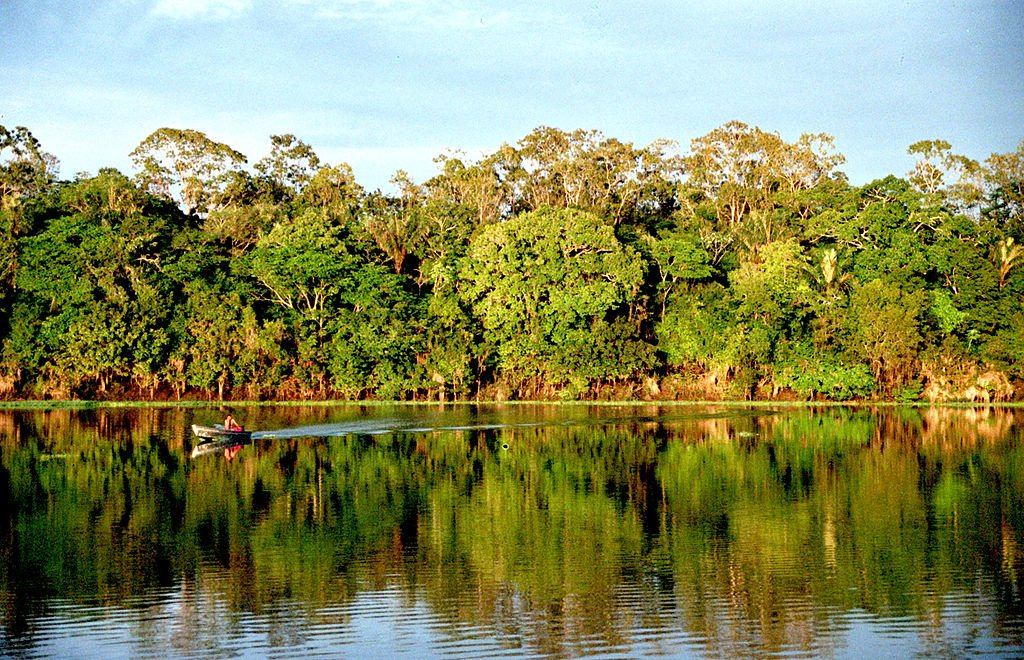
The lawsuit could create a worldwide standard:
- Should prosecutors prevail, it could sour business carbon deals lacking Indigenous approval.
- Should Pará win, detractors worry about a “green gold rush” compromising customary rights.
COP30 looms for now as a deadline and a conundrum. Pará intended to present the offer as a victory on climate change. Rather, it’s turned into a lightning rod for charges of carbon colonialism.
Leader of Munduruku Alessandra Korap said, “They’re selling our air, our lives, without asking. Is this the direction of climate change action?”
Sources:

Jan loves Wildlife and Animals and is one of the founders of Animals Around The Globe. He holds an MSc in Finance & Economics and is a passionate PADI Open Water Diver. His favorite animals are Mountain Gorillas, Tigers, and Great White Sharks. He lived in South Africa, Germany, the USA, Ireland, Italy, China, and Australia. Before AATG, Jan worked for Google, Axel Springer, BMW and others.

